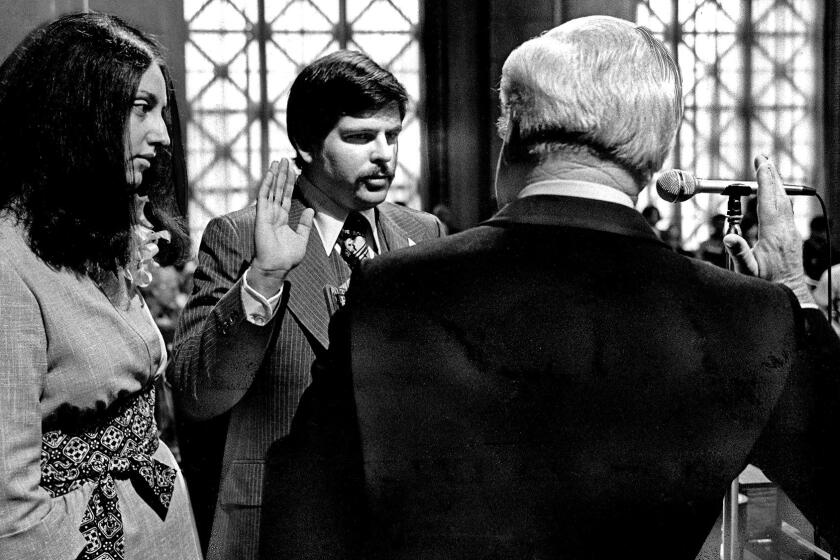At the center of L.A.’s transformation: a man named Zev. His memoir is essential history
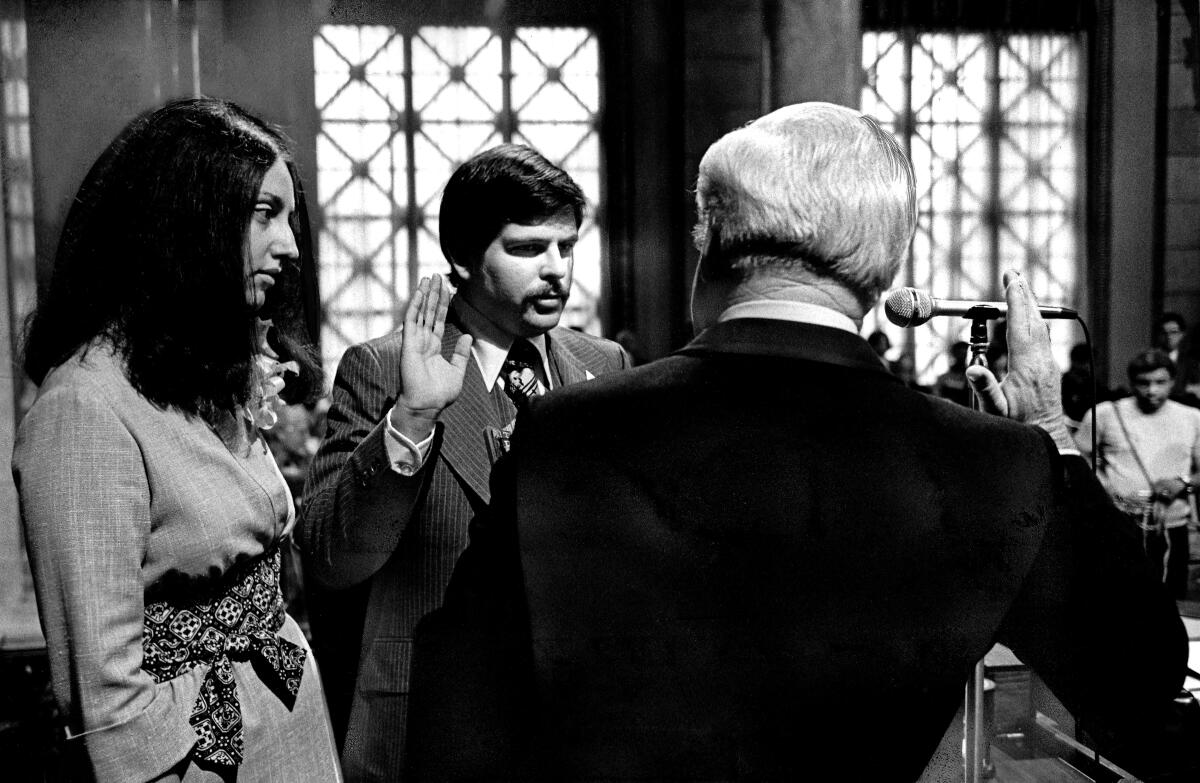
- Share via
Review
Zev's Los Angeles: From Boyle Heights to the Halls of Power. A Political Memoir
By Zev Yaroslavsky and Josh Getlin
Cherry Orchard: 388 pages, $25
If you buy books linked on our site, The Times may earn a commission from Bookshop.org, whose fees support independent bookstores.
This feels like a turning point in the life of Los Angeles. Two of the towering figures of L.A.’s late 20th century, philanthropist Eli Broad and Mayor Richard Riordan, have died in recent years; another pioneering figure, County Supervisor Gloria Molina, died earlier this month. A new batch of City Council members has just been seated. And in the most recent mayoral elections, voters chose Karen Bass, who represented a break from City Hall’s culture, over a candidate, Rick Caruso, who felt like one from that earlier era.
But what of those bygone battles — the police struggles of the 1980s and ‘90s, the reimagination of cultural institutions, the fights over taxes and the environment and schools? Much of that history is slipping away along with the lives of those who made it.
In ‘Paved Paradise,’ Henry Grabar takes on the automobile’s profound effect on L.A. and the world through the particular lens of parking.
Happily, a new memoir by one of modern Los Angeles’ most significant and recognizable figures arrives just in time. “Zev’s Los Angeles: From Boyle Heights to the Halls of Power,” the autobiography of, well, Zev, revisits the period in which Los Angeles became what we know today: big and complex, multiracial, exciting, divided and far deeper than what meets the eye. Zev Yaroslavsky left a lasting mark on L.A. over decades on the City Council and the Board of Supervisors, and his thoughtful reflections earn his memoir an honored place in the history he helped make and now helps to understand.
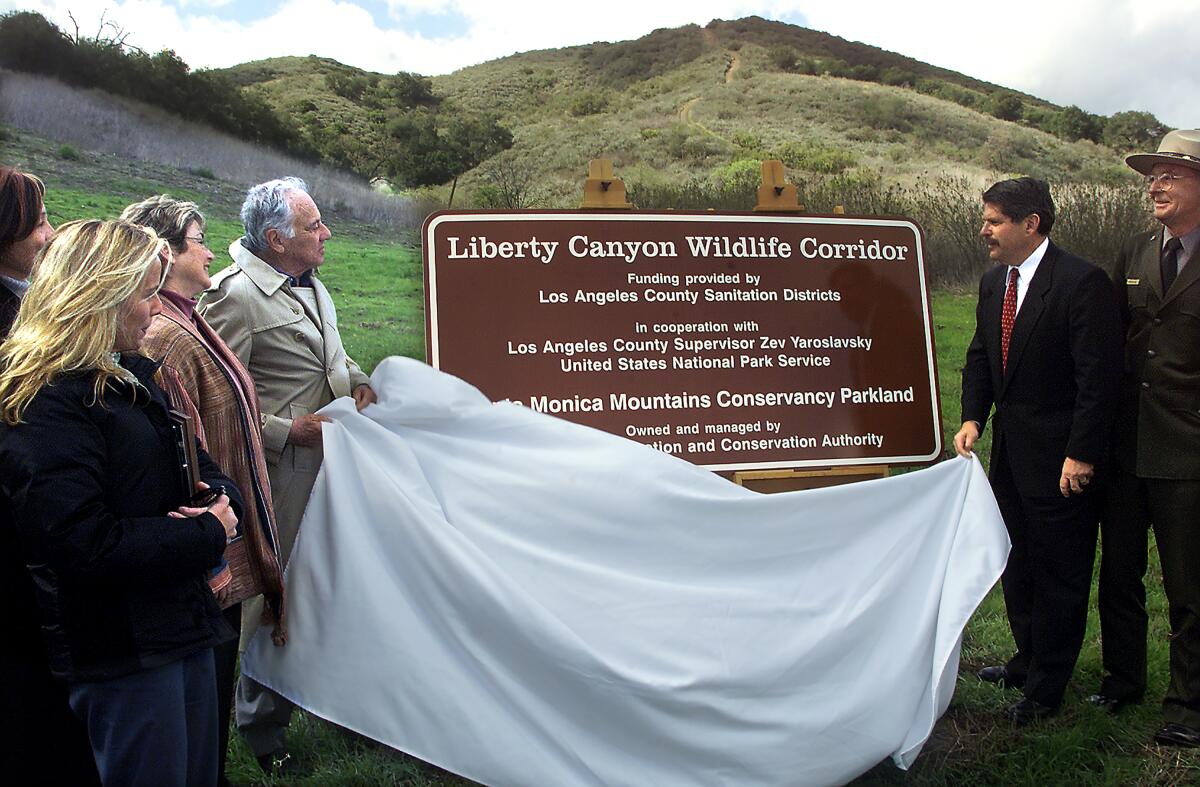
It’s both timely and necessary, filling a void that other memoirs have left. Broad’s autobiography, for instance, is serious and reflective — and surprisingly self-deprecating for a man who rarely was — but it lies somewhere between a memoir and a guide to success in business. Riordan produced a memoir too, but it stands mainly for the observation that what makes a good mayor does not always make a good writer; it’s just bad.
Yaroslavsky, however, has what it takes. Aided by former Los Angeles Times writer Josh Getlin, Yaroslavsky manages the dual tales of his own life and the broader L.A. story. The result is satisfying at every level: a solid history, an insightful analysis of power and a sincere reflection on a life of service. (A word of disclosure: I’ve known Yaroslavsky for decades and written about him for The Times and others; Getlin is an old and valued colleague. Still, I believe my appreciation and knowledge of both co-authors on balance enhances my judgment here.)
The 14 essential L.A. life stories, from Hollywood tell-alls to immigrant sagas, hard lives (Luis Rodriguez) and spectacular flameouts (Freeway Rick Ross).
The book covers a broad landscape, fitting for a public official who did the same. Yaroslavsky first became known for his UCLA student activism and his forceful defense of Soviet Jews — a cause he recounts with verve in “Zev.” Those chapters alone make the book worth reading, a look at a failed empire that, in light of its renewed aggression, feels freshly relevant.
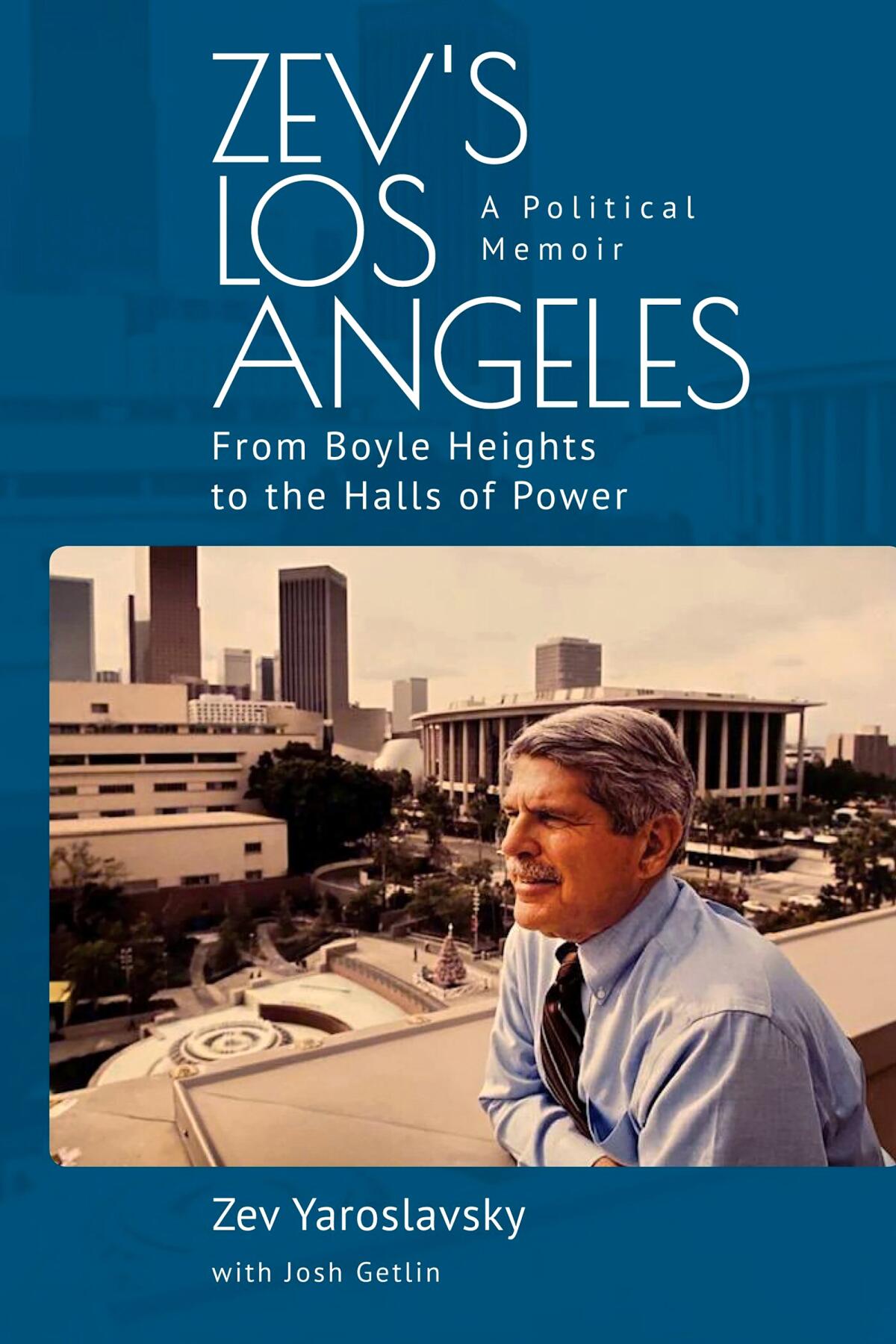
Yaroslavsky was still in need of a grown-up haircut when he declared his candidacy for the Los Angeles City Council near the end of 1974, but he was quick to act when a vacancy opened up on the council. Yaroslavsky jumped into the special election race. His press conference, in front of Canter’s Deli, was sparsely attended by a mostly indifferent media. Even his wife, soon to become almost as well known as he, was busy that morning and skipped her husband’s moment. Nevertheless, in the months that followed, he walked precincts, handed out fliers and, to the amazement of many, won.
Suddenly, the scruffy activist was a member of the governing body of the nation’s second-largest city. Tom Bradley, L.A.’s austere and imposing mayor, suggested Yaroslavsky invest in some suits now that he was “part of the establishment.” Yaroslavsky responded: “I may be part of the establishment, but the establishment is not part of me.”
True enough. Yaroslavsky’s youth, smarts and independence all served him well in his early years as he went about the careful business of constructing an office. In his memoir, he details that process in its arcana — selecting staff, seeking out trustworthy colleagues, staying close to the needs of constituents. His recounting is a study in what it means to build power, as well as a reminder that it’s not principally showmanship. At the local level, anyway, durable power tends to flow to those who earn it. Yaroslavsky earned it.
He also had a knack for attracting the right enemies, none more defining than Police Chief Daryl F. Gates.
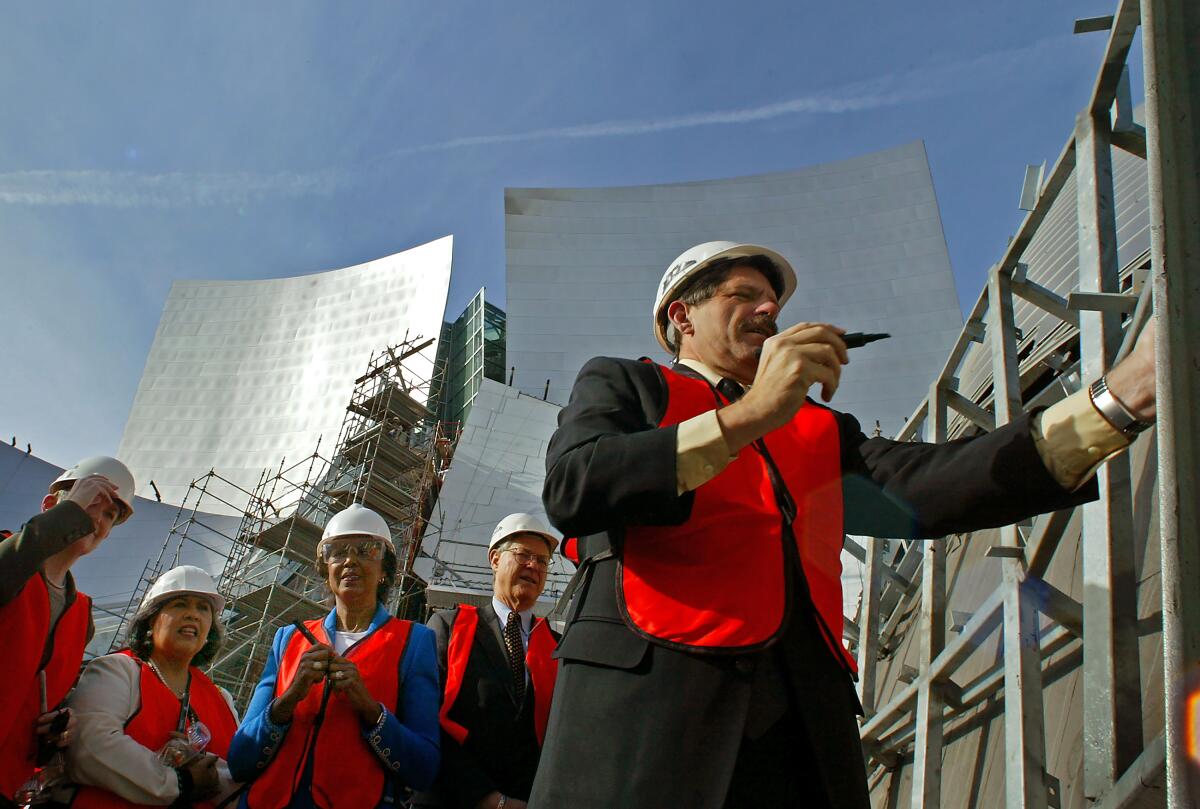
The young councilman and the veteran chief fought over cops spying on elected officials, over the use of chokeholds, over police shootings. They fought, most memorably, over Gates’ stubborn refusal to depart his office, even after the beating of Rodney King and the riots the following year. Gates once called Yaroslavsky a “snot-nosed kid,” but the councilman got the last laugh: By the end of 1992, Yaroslavsky was still standing, and Gates was gone.
As the book progresses, and Yaroslavsky moves from the council to the Board of Supervisors, it charts the mysterious contradictions of L.A.’s transformation. How, for instance, could the same leadership that brought the 1984 Summer Olympics to Los Angeles almost flub the construction of Walt Disney Concert Hall, the city’s most important building?
A decade into his long, public career, Zev Yaroslavsky ruminated about his motivation for first seeking elected office.
Yaroslavsky’s account of those episodes gives new insight and unearths some of the hidden figures in each: the vital role played by Councilman Bob Ronka, the upending effects of Prop. 13 in 1978, the clash of egos over Disney Hall. (Here, Yaroslavsky mentions but underplays the efforts of Andrea Van de Kamp, the hall’s indispensable person, too often overlooked because she was the only one who didn’t demand credit.)
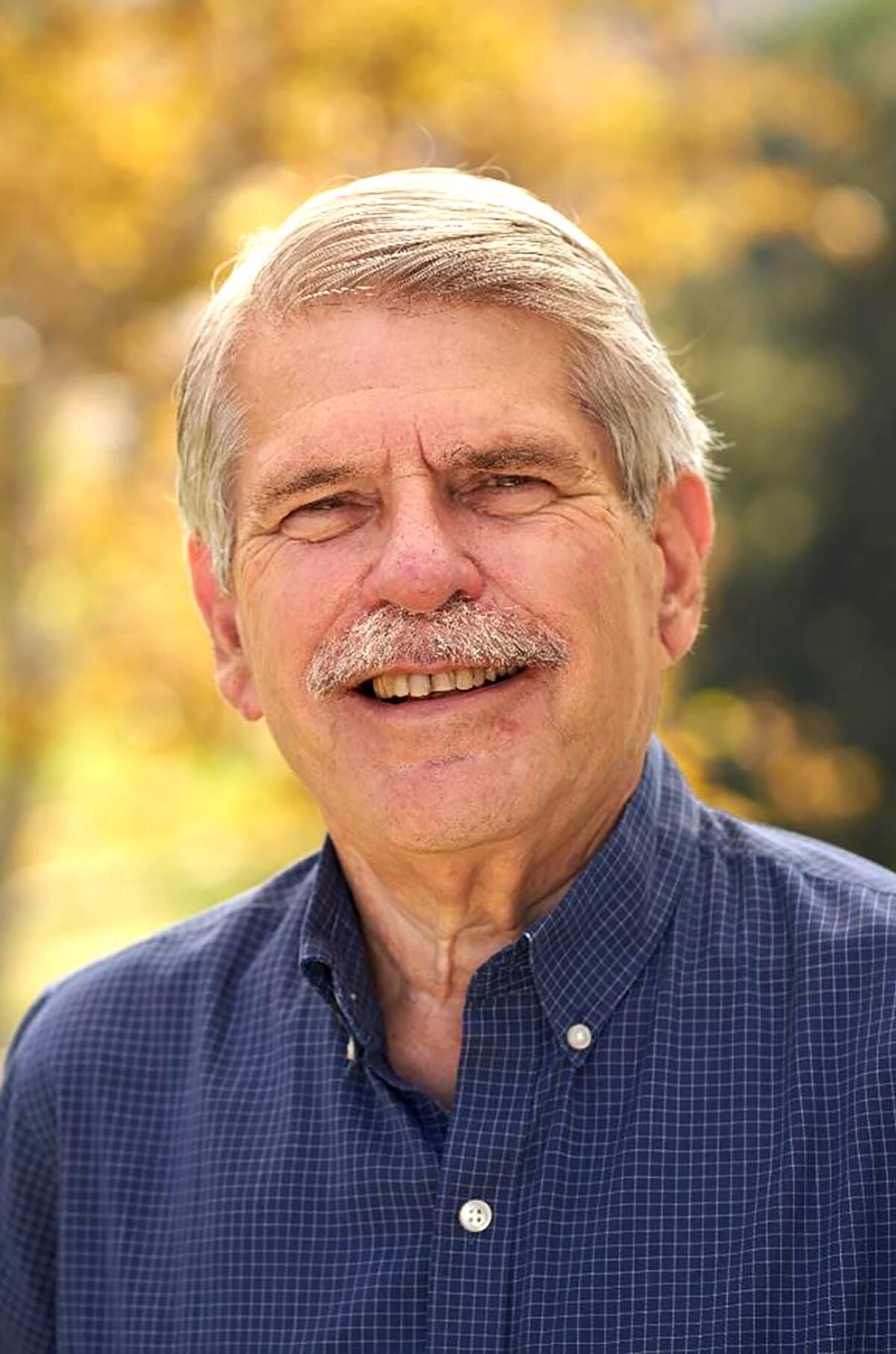
To my mind, the achievement that best sums up Yaroslavsky’s contribution is the work he and his staff did to protect the Santa Monica Mountains. It took more than a decade — assembling parcels, winning approvals, coaxing participation. It required nurturing allies and a willingness to make enemies. It demanded time and almost inconceivable patience. The tale of how it happened is as bureaucratic as can be, but Yaroslavsky’s methodical rendering underscores its significance: Only a dedicated public servant with decades of experience and sustained attention could have protected those mountains that give Los Angeles a connection back to its prehistory. Indeed, it only could have been done by Zev.
This is Yaroslavsky’s account, of course, and it captures such initiatives from his point of view. Some will take issue with some of his conclusions, and with the figures he singles out for praise or criticism. But the memoir makes no claim to omniscience. It is subjective but clear and penetrating.
Barbara Edelston Yaroslavsky, a longtime community leader and the wife of former Los Angeles County Supervisor Zev Yaroslavsky, died Wednesday.
If “Zev’s Los Angeles” is a story of power and influence and big personalities — and it is — it is also a story of love. Yaroslavsky’s love for this city and region define his memoir, but what really animates it is his love for his wife, the sparkling Barbara Yaroslavsky, who was every bit Zev’s partner in his life and work. Her death in 2018 was a shock to the leadership of Los Angeles, and her funeral brought that community together as few other modern events have. Her story too lives in this moving and important book.
Yaroslavsky’s memoir is a tribute to Barbara, but it is a gift to all of us.
Newton, a former columnist and editorial page editor of The Times, is an author and editor of Blueprint magazine at UCLA. He is a regular contributor to CalMatters.
More to Read
Sign up for our Book Club newsletter
Get the latest news, events and more from the Los Angeles Times Book Club, and help us get L.A. reading and talking.
You may occasionally receive promotional content from the Los Angeles Times.


